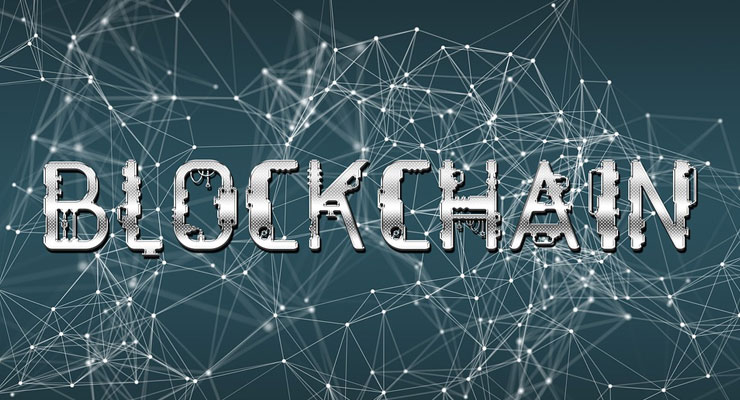
The use of the digital “distributed, decentralized, public ledger” known as blockchain technology has been spreading in many industries. Slowly, experiment by experiment, there have been attempts at testing how blockchain’s unique characteristics can be taken advantage of in the administration of elections. There was an interesting new post at CoinDesk by Christine Kim that is much recommended:
Blockchain-based voting has long been looked at as a use case for the technology – but as with any nascent application, there are bumps along the way.
In more recent times, the use of on-chain votes has been positioned as a way to avoid acrimonious debates over governance and, in more extreme, cases, network splits like those seen in the bitcoin and ethereum ecosystems the past few years. The idea is that token-holders, by right of their ownership, have a say in the fortunes of a particular network’s technological progress.
Already, decentralized applications (dapps) including MakerDAO and Aragon, along with entire blockchain networks such as Tezos and Cosmos, have already completed multiple rounds of token holder voting enabling key protocol-level changes for their respective projects.
See the full story here. Be sure to also check out the Democracy Chronicles Election Technology section and our articles on Technology Dissidents, the Internet and Democracy or Voting Machines.
Leave a Reply